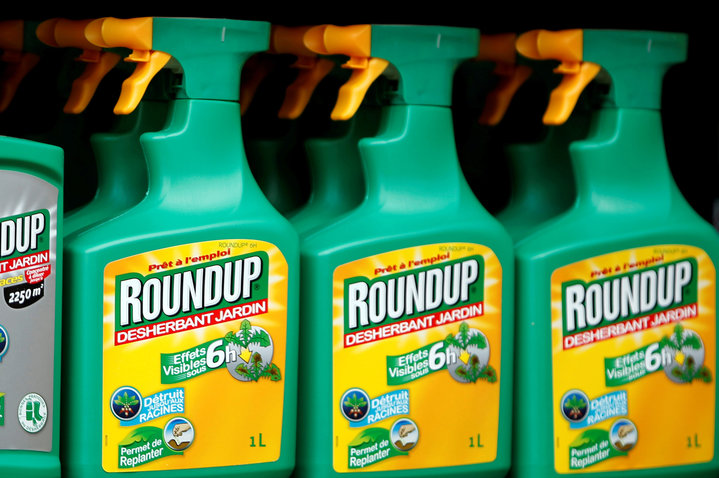It appears that the EPA colluded with Monsanto, which is info we already knew. But, in a surprise move, the inspector general for the EPA is now initiating a probe into that collusion. It’s a move that’s long overdue.
The decision to investigate is a response to a request from Rep. Ted Lieu (D-Calif.) who called for an investigation into whether the EPA staffer colluded with the agricultural giant to bias research on glyphosate (the key component in Roundup). His request was based on media reports of documents released in the course of a lawsuit against Monsanto alleging glyphosate causes cancer, and that the company may have spun research and hired scientists to cover this up.
“Documents released in the lawsuit reference internal Monsanto emails mentioning Jess Rowland, who was previously a manager in the EPA’s pesticide division, allegedly bragging to company officials in April 2015 that he could ‘kill’ investigations into glyphosate. A Monsanto regulatory affairs manager sent an email to colleagues that said Rowland had told him, ‘If I can kill this I should get a medal.’
At the time of the email, Monsanto was apparently seeking Rowland’s help to shut down a review of glyphosate within the Agency for Toxic Substances and Disease Registry, a division of the U.S. Department of Health and Human Services.”1
With Rowland’s retirement from the EPA last year, lawyers have been deposing him about allegations that Monsanto may have funneled money to him through third parties. William E Lawler III, Rowland’s lawyer, has downplayed the IG’s letter, saying, “Jess Rowland is a well-respected former public servant who honorably served the EPA for 26 years and received commendations from the agency both during his service and on his retirement. He is a man of the highest integrity and ethics and he has done nothing wrong.” 2
RELATED ARTICLES:
- Shocking letter from dead EPA scientist reveals EPA bureaucrats being bribed by Monsanto to hide scientific evidence of glyphosate causing cancer
- CNN – Patients: Roundup gave us Cancer as EPA Official Helped the Company!
Thanks to wide-ranging authority to investigate corruption at federal agencies, it’s likely that IG investigators will begin interviewing Rowland’s former colleagues and bosses, pulling records, looking through his emails and bank records.
In Europe, the multiple court cases against Monsanto have sparked debate as the EU considers whether to renew an application allowing glyphosate to stay on the market; a decision needs to be made by the end of the year. The International Agency for Research on Cancer, or IARC (the World Health Organization division focused on cancer) issued their ruling on glyphosate’s potential carcinogenic status in March 2015. However, the European Food Safety Authority (an EU scientific body evaluating food-related concerns) issued a separate and different finding in October 2015. (The two bodies use different criteria for their decisions: IARC relies on published studies but EFSA uses data that is proprietary to companies.)
“Last week, Christopher Portier, the former associate director of the National Institute of Environmental Health Sciences, sent a letter to the president of the European Commission stating that he had re-examined some raw data of animal studies EFSA used to conclude that glyphosate did not cause cancer, and found eight instances of tumors that EFSA had not included in its assessment. (my emphasis) Portier recently retired after 40 years of employment in the United States government and is now a part-time adviser to the Environmental Defense Fund and a consultant to a law firm involved in glyphosate litigation.”
Members of the EU Parliament had asked him to review a portion of the proprietary data EFSA released to them- info they have had for DECADES, but never analyzed. Following his letter, Staes and three other members of parliament filed a lawsuit demanding that EFSA make all the data on glyphosate public. 3
At this point the argument is about glyphosate but because corporations are controlling the science and the science is then used by the regulators, the argument goes far beyond glyphosate.
I would get my hopes up but as Europe, once again, seems to be far wiser than us and far less willing to take chances with both the environment and their people, it seems premature. We will watch what happens and update you when there is more information.












